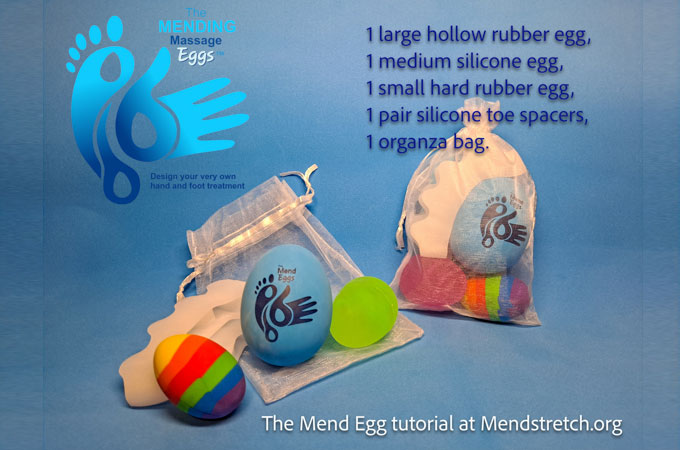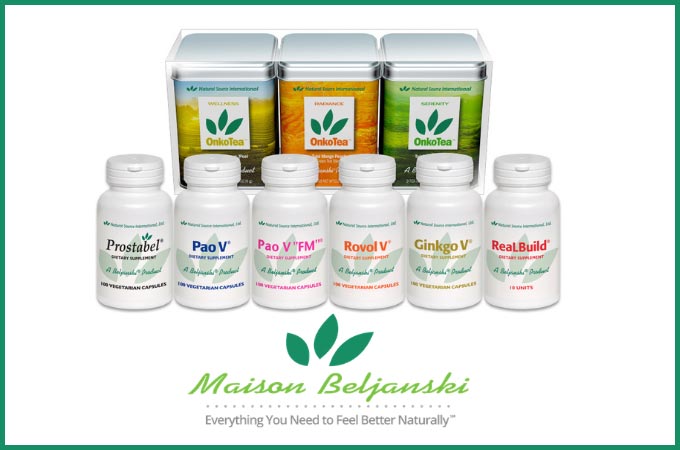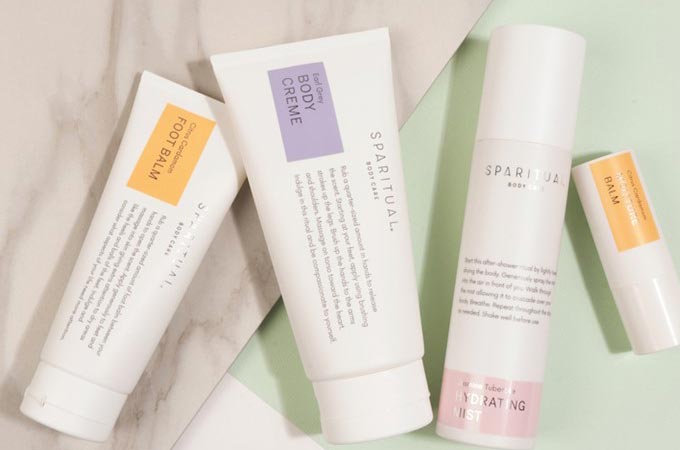8 Foods Even The Experts Won’t Eat
Food scientists are shedding light on items loaded with toxins and chemicals–and simple swaps for a cleaner diet and supersized health. Experts from different areas of specialty explain why they won’t eat these eight foods.
Clean eating means choosing fruits, vegetables, and meats that are raised, grown, and sold with minimal processing. Often they’re organic, and rarely (if ever) should they contain additives. But in some cases, the methods of today’s food producers are neither clean nor sustainable. The result is damage to our health, the environment, or both. So we decided to take a fresh look at food through the eyes of the people who spend their lives uncovering what’s safe–or not–to eat. ” Their answers don’t necessarily make up a “banned foods” list. But reaching for the suggested alternatives might bring you better health–and peace of mind.
1. The Endocrinologist Won’t Eat: Canned Tomatoes
Fredrick Vom Saal, is an endocrinologist at the University of Missouri who studies bisphenol-A.
The problem: The resin linings of tin cans contain bisphenol-A, a synthetic estrogen that has been linked to ailments ranging from reproductive problems to heart disease, diabetes, and obesity. Unfortunately, acidity (a prominent characteristic of tomatoes) causes BPA to leach into your food. Studies show that the BPA in most people’s body exceeds the amount that suppresses sperm production or causes chromosomal damage to the eggs of animals. “You can get 50 mcg of BPA per liter out of a tomato can, and that’s a level that is going to impact people, particularly the young,” says vom Saal. “I won’t go near canned tomatoes.”
The solution: Choose tomatoes in glass bottles (which do not need resin linings), such as the brands Bionaturae and Coluccio. You can also get several types in Tetra Pak boxes, like Trader Joe’s and Pomi.
























